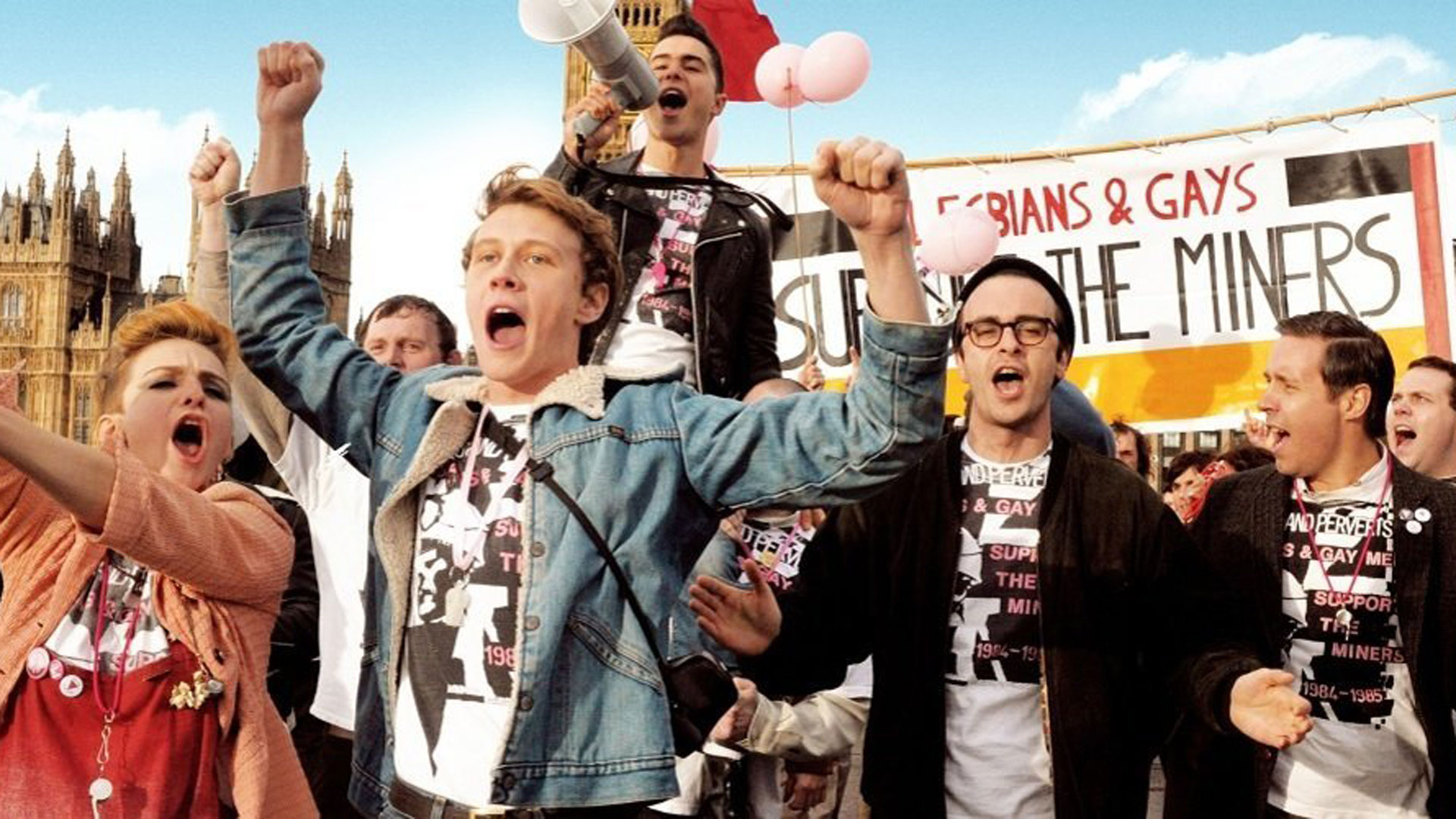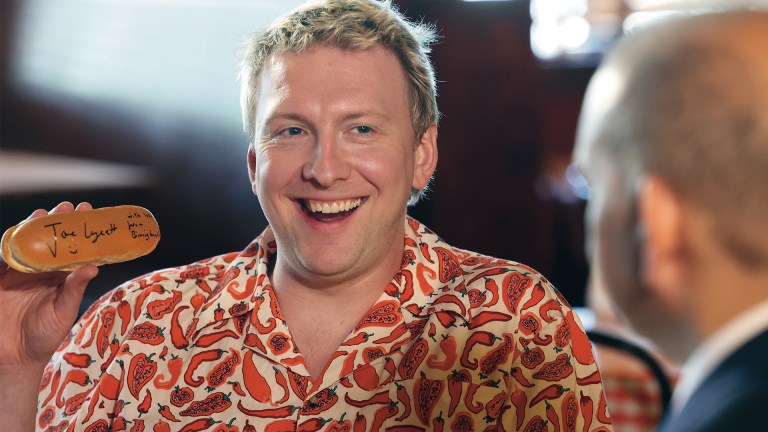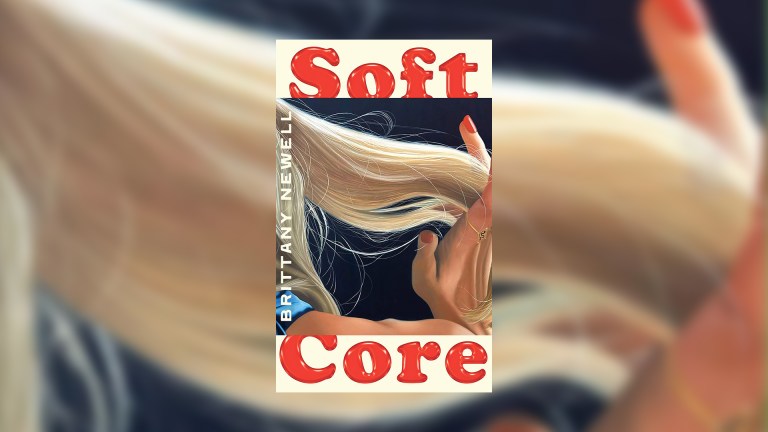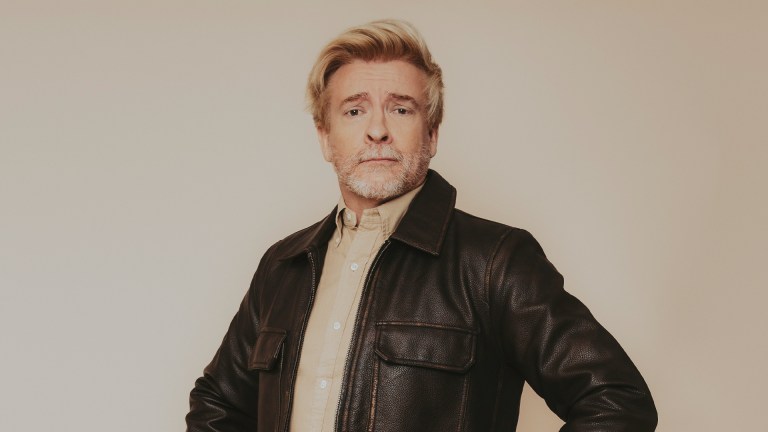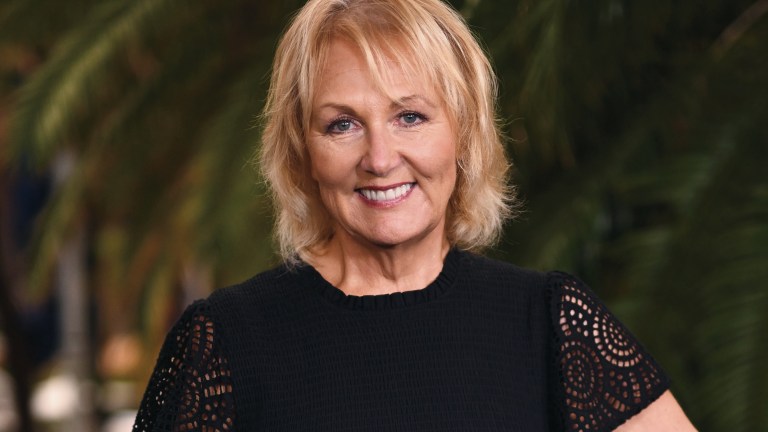Last year ended with three fine British films, each based on extraordinary real life acts of heroism. There was Benedict Cumberbatch as Alan Turing in The Imitation Game, cracking the enigma code. Then Eddie Redmayne produced a remarkable, Oscar-winning performance as Stephen Hawking, who defied medical odds to produce an answer to one of the science’s biggest questions, in ‘The Theory of Everything.’
But first there was Pride, which featured a fine ensemble cast, charting the story of Lesbians and Gays Support the Miners (LGSM) in the early 1980s – and featured an unforgettable scene in which actor Dominic West dances his heart out in a Miners’ Institute in South Wales, as a group of gay men and women from London formed an unlikely alliance with the families of striking miners.
The character played by West was based on Jonathan Blake. Like Professor Hawking, he continues to defy medical odds, and has a story that can lead us through every emotion. As Pride is released on DVD, The Big Issue talked with Blake about a remarkable moment in history, and how it feels that the story of LGSM has finally been told…
How has it been, all these years later, reliving your time with LGSM? It’s been completely surreal. First of all, I hit 65. That in itself was quite a milestone, since I never thought I’d hit 40, then 50, then 60. On top of that, finally the story has been told, which is brilliant. It has been a long time coming, and most of us in Lesbians and Gays Support the Miners thought we would take it to the grave. So the fact that [writer] Stephen Beresford picked up on our story is remarkable.
When did you first hear that your story might be made into a film? Stephen was told about it in 1993 when John Major was doing the final pit closure and he told his friend that he couldn’t understand why lesbians and gay men weren’t up in arms about it? His friend said, ‘Let me tell you a story’, and talked to him about the LGSM in the second miners’ strike. It got inside his head. He came across the documentary Jeff Coles and other members of LGSM had made specifically for the Dulais community in South Wales as a memento of the strike. He watched the credits to find an unusual name and tracked down Reggie Blennerhasset on Facebook, who vetted him, felt he was ok and passed him to Mike Jackson, who was the secretary of LGSM and one of the original founders. Mike sent him a list of all the surviving members of LGSM and the people in Dulais.
The next day he visited again and told me something in my story had inspired him
What was your first meeting with him like? Stephen came and spoke with myself and my partner, Nigel, for hours. He was very pleasant, off he went, and we thought that was it until 18 months later when I got a call. He told me he had written the film, it was being produced, and he wanted to talk to us about it. The next day he visited again and told me something in my story had inspired him and he had written a character named Jonathan – was that all right? A few months later I got another call, saying the director and actor playing me wanted to meet me. He suggested the following day at tea time – which left me enough time to make a lemon drizzle cake, so that was fine! Stephen turned up with a huge bouquet of flowers for me, then the doorbell rang, and a man thrust his hand out, introduced himself as Matthew the director. And over his shoulder I saw Dominic West. I knew him from The Wire! So me and Nigel chatted with them over tea and cake about our history, how we got involved with politics, all about LGSM. Then I showed Dominic my garden. I live in an old Lesbian and Gay squat in Brixton, which then became a housing co-operative. When we moved in, nobody was interested in the garden. So I took it over and created a fantasy garden. That was our one and only meeting.
